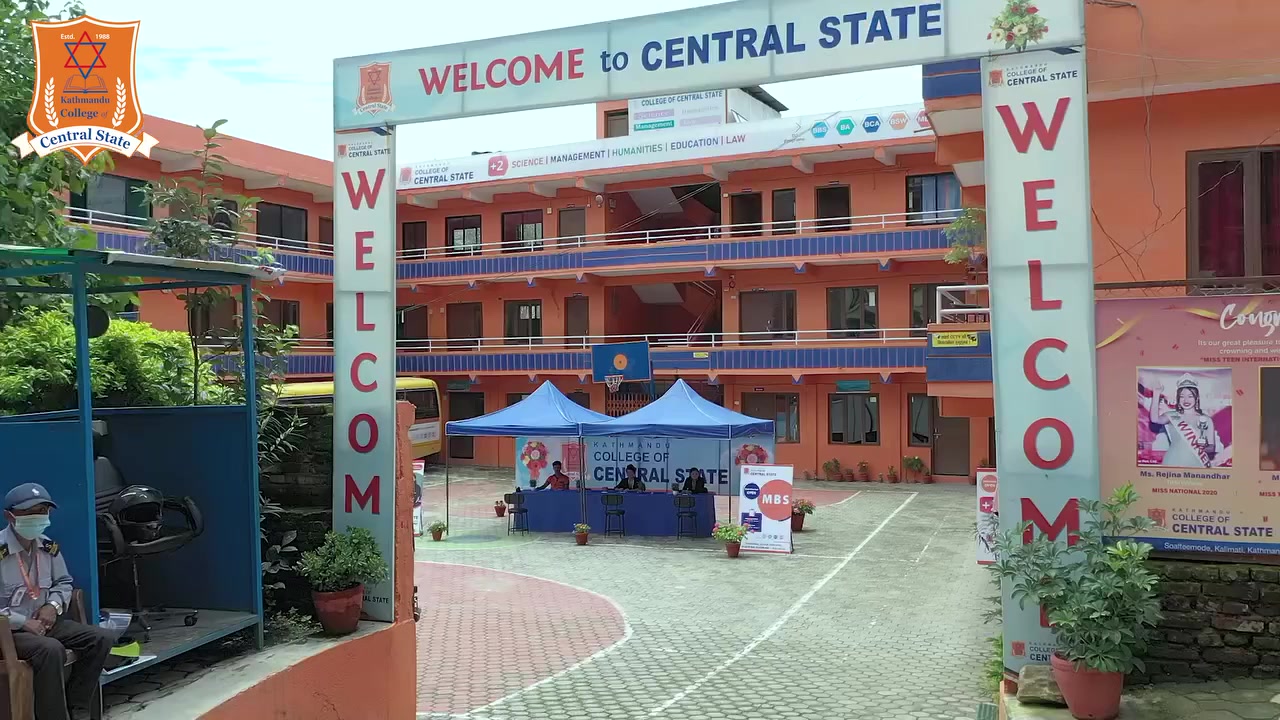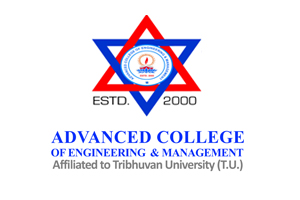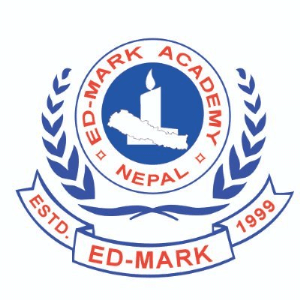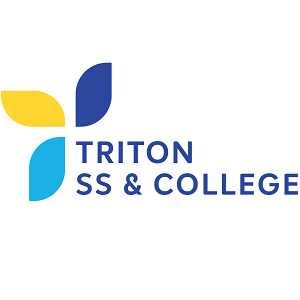Overview
Bachelor of Computer Application (BCA) – Kathmandu College of Central State
BCA at Kathmandu College of Central State, Soalteemode, Kathmandu, runs under Tribhuvan University (TU). The program serves students who want a clear pathway into software development, databases, networking, and web or mobile applications.
You study a full eight-semester structure, follow TU rules for teaching and examination, and complete staged projects that build real evidence of your skills.
KCCS delivers BCA in English with weekly labs and regular assessment checkpoints. Students work on coding tasks, group assignments, and project defenses. The structure helps you practice the same habits used in entry-level software roles: planning work, writing clean code, testing features, and documenting outcomes.

Highlights
-
Affiliation: Tribhuvan University, Faculty of Humanities and Social Sciences
-
Duration: Four years, eight semesters
-
Medium: English
-
Components: Theory classes, labs, internal tests, semester examinations
-
Capstone work: Project I (semester 4), Project II (semester 6), Project III (semester 8) with proposal, progress review, and final defense
Curriculum Details
The BCA curriculum progresses from core foundations to advanced topics. Early semesters build your base in computing fundamentals, problem solving, and introductory programming. Mid-program semesters cover data structures, object-oriented programming, database systems, web technology, probability and statistics, operating systems, and computer networks. Later semesters move to scripting, software engineering practices, mobile or distributed systems, and network programming. Electives add depth in selected areas as permitted by TU.
KCCS schedules weekly labs that match current subjects. You write programs, analyze outputs, and submit short lab reports. Faculty set internal tests and assignments that mirror semester examinations. Project work introduces documentation from the start so you learn version control, issue tracking, and reporting habits that matter in the workplace.
Objectives
-
Build practical coding ability across multiple languages taught in the program
-
Strengthen logical thinking for algorithms and data handling
-
Prepare students to plan, build, test, and present working applications
-
Improve written and oral communication through reports, demos, and viva sessions
-
Help students connect classroom study to real tasks through structured projects
Scope
BCA opens doors to roles in software development, web or mobile application support, quality assurance, database support, and network assistance. Employers expect graduates who can read requirements, discuss trade-offs, and deliver stable features. Many students plan for postgraduate study after gaining experience in entry-level positions.
Learning Outcomes
By graduation, students should be able to:
-
Write, debug, and refactor programs that solve clear user needs
-
Apply data structures and algorithms to improve runtime and memory use
-
Model data, write queries, and manage schema changes in relational databases
-
Build small web or desktop applications and deploy them on a local server
-
Document work with clear commit messages, issue logs, and release notes
-
Present projects to a review panel and respond to technical questions
Skill Development Modules
-
Programming Labs: Weekly sessions linked to current subjects with graded submissions
-
Project I (Semester 4): Feasibility study, proposal, initial prototype, and final defense
-
Project II (Semester 6): Larger application or research-driven build with mid-term review
-
Project III (Semester 8): Capstone with full documentation, testing plan, and viva
-
Seminars: Code walkthroughs, short talks on security basics, and peer reviews
-
Writing Clinics: Guidance on reports, diagrams, and presentation slides
Teaching Methodology
KCCS runs lecture-plus-lab teaching with a clear weekly timetable. Teachers explain concepts, demonstrate examples, and assign practice sets. Labs focus on hands-on tasks using standard tools.
Supervisors review project progress at set milestones. Internal assessment includes quizzes, lab records, and presentations. TU conducts the final examinations as per the academic calendar.
Admission Requirements
-
Qualification: 10+2 or equivalent from a recognized board
-
Selection: TU central BCA entrance, merit-based placement, and college intake process
-
Documents: Grade 12 transcript and certificate, character certificate, migration/provisional (as needed), citizenship copy
Applicants should follow the latest TU BCA notice for the current session. Deadlines, entrance format, and any updates are published each cycle.
Career Opportunities
-
Junior Software Developer, Web/Mobile Developer
-
QA/Test Assistant, Support Engineer
-
Database Assistant, IT Helpdesk
-
Pathway to postgraduate study in computing or information systems
Employers value small but complete projects that show clear requirements, working features, and clean documentation. Students who maintain a personal repository of assignments and capstone work find it easier to present skills during interviews.
Scholarships and Financial Aid
KCCS publishes merit and need-sensitive categories each year under institutional and national rules for the session. Students submit forms with supporting documents within the announced deadlines. Awards often require good academic standing and attendance.
Why Choose This Course?
You want a TU-recognized computing program in Kathmandu that combines steady classroom learning with structured projects. You prefer clear expectations, regular labs, and checkpoints that track your progress. You seek a route to entry-level roles or further study based on real project artifacts.
Conclusion
Plan your semesters early. Keep a consistent study rhythm and build a clean project portfolio from semester 1. Save reports, slides, and code repositories for use in internships and job interviews. Read each new session notice before form fill-up so your documents and deadlines stay on track.
Contact Kathmandu College of Central State's administrative office for detailed information on the BCA course, including fees, scholarships, facilities, counseling, eligibility criteria, etc.


















